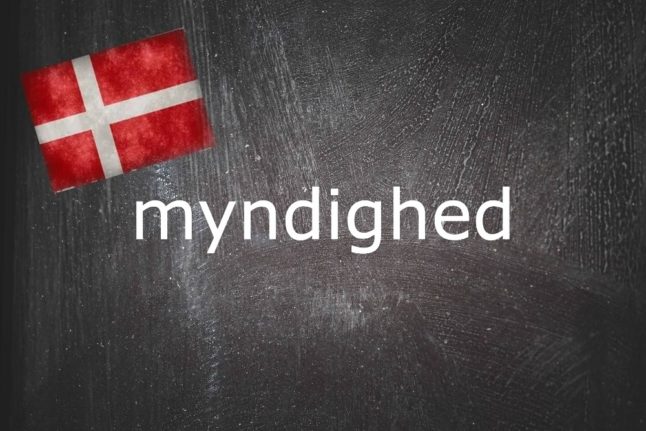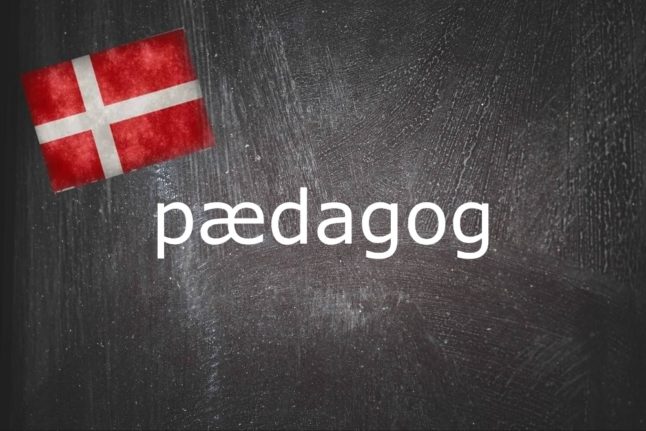What is myndighed?
Myndighed means ‘agency’ or ‘authority’.
In Danish it often refers specifically to statslige myndigheder or state agencies. But you can also talk about offentlige (public) authorities or regionale and kommunale myndigheder (regional and municipal authorities), or use it to talk about authorities in other countries, for example spanske myndigheder (Spanish authorities) or lokale myndigheder (local authorities).
There a scores of public authorities in Denmark, including many you will probably have heard of such as the Danish Tax Authority (Skattestyrelsen) or the Danish Agency for International Recruitment and Integration (SIRI) – the authority which issues residence permits.
There are national agencies for things as diverse as patient complaints about the health system to the Danish Roads Directorate.
A full list of national agencies and municipalities can be found here.
Why do I need to know myndighed?
Most Danish myndigheder do not have have the word myndighed in their name. Many have -styrelse (agency), with tilsyn (inspection), direktorat (directorate), nævn (appeals board) and ombudsmand also frequently used.
Unlike municipal and regional governments, which are led by elected officials, the heads of other public authorities like the tax agency are appointed public servants.
The government usually appoints the directors of Danish agencies, but they are not political positions and people often stay in their roles even after changes of government.
Agencies are not able to make laws, but they exert considerable influence over their field. Only the government can pass laws, although it usually consults individual agencies before doing so.
Although Denmark’s government ministries oversee different agencies – for example the work of SIRI falls under the remit of the Ministry of Immigration and Integration – there is generally a hands-off approach. It is rare to see ministers and governments intervene with decisions taken by individual agencies.



 Please whitelist us to continue reading.
Please whitelist us to continue reading.
Member comments